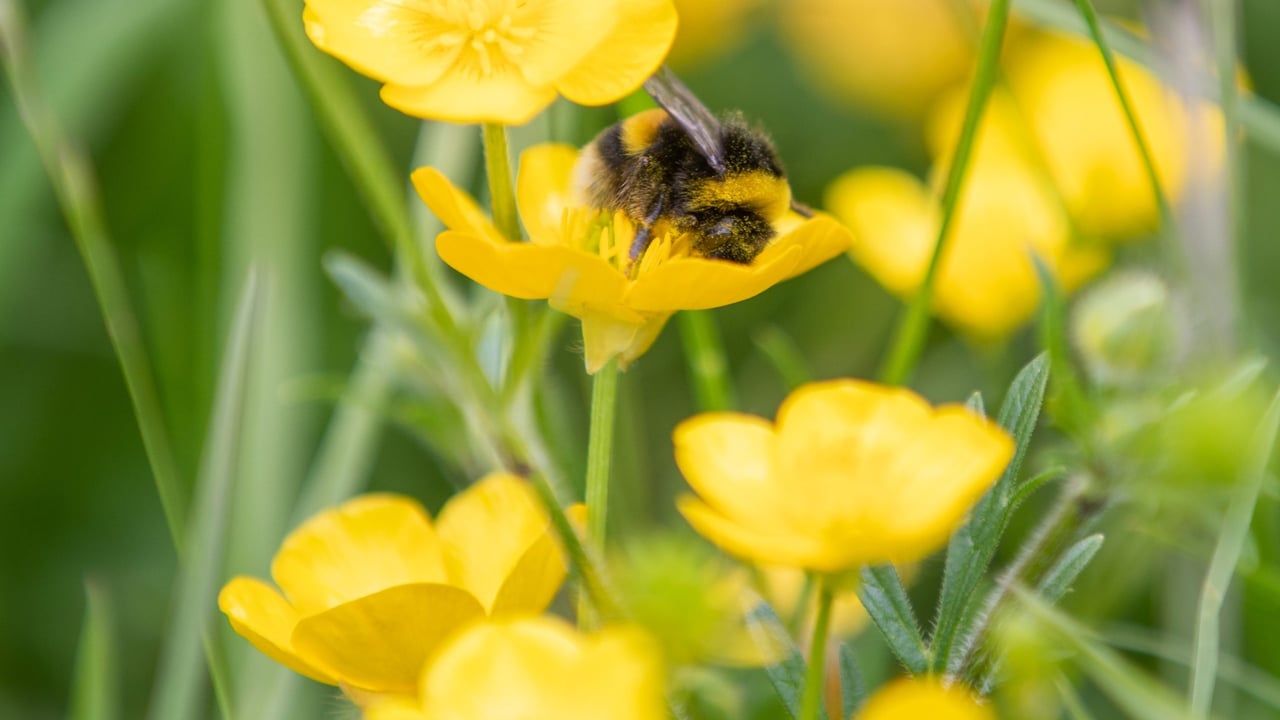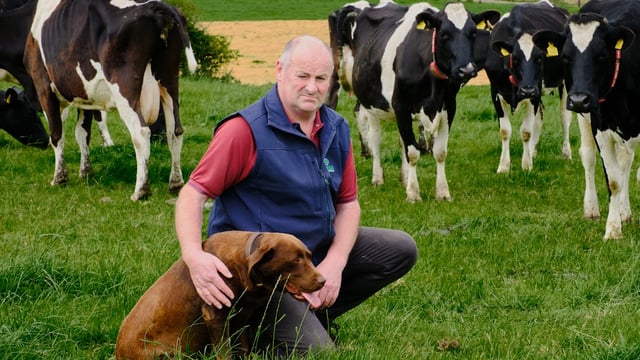TD calls for 'national response' to threat posed to bees by Asian hornet
The threat posed to Ireland’s bee population by Asian hornets requires a coordinated national response, according to Social Democrats TD, Jennifer Whitmore.
The National Parks and Wildlife Service (NPWS) confirmed 24 verified sightings of the Asian hornet in Ireland as of September 9.
The TD believes that the recent successful removal of an Asian hornets nest in Co. Cork is a positive development, and a testament to the hard work of local beekeepers and the National Parks and Wildlife Service (NPWS).
Deputy Whitmore said: "The nest was located thanks to the efforts of a small group of beekeepers, including a retired teacher from Dungarvan, who monitored bait stations and worked closely with the NPWS to track the hornets.
“The Cork case has highlighted the limited field capacity of the NPWS, making collaboration with trained beekeepers and the public essential.
"Current law prohibits the release of alien species. While sound in principle, it unintentionally blocks the most effective nest-tracking method – tagging and then tracing hornets – which is used successfully in the UK. This barrier seriously hampers the work of beekeepers in Ireland," the Social Democrats' agriculture spokesperson added.
Asian hornet
The TD also believes that the government needs to legislate to allow for trained beekeepers to assist in 'catch-mark-release-recapture' operations for nest detection, with a formal licensing system to ensure there is proper training and oversight.
She said: "There is no room for complacency, as there have also been reports of Asian hornets spotted in Cobh and possibly Dublin. This shows the threat is growing and will require a coordinated national response
"We must move from being reactive to proactive. A national Asian hornet response plan is needed before we face a full-blown emergency.
“I am now calling on the government to fast-track a national plan, amend legislation to allow proven tracking methods, and empower beekeepers and citizen scientists to support early detection," Deputy Whitmore added.





